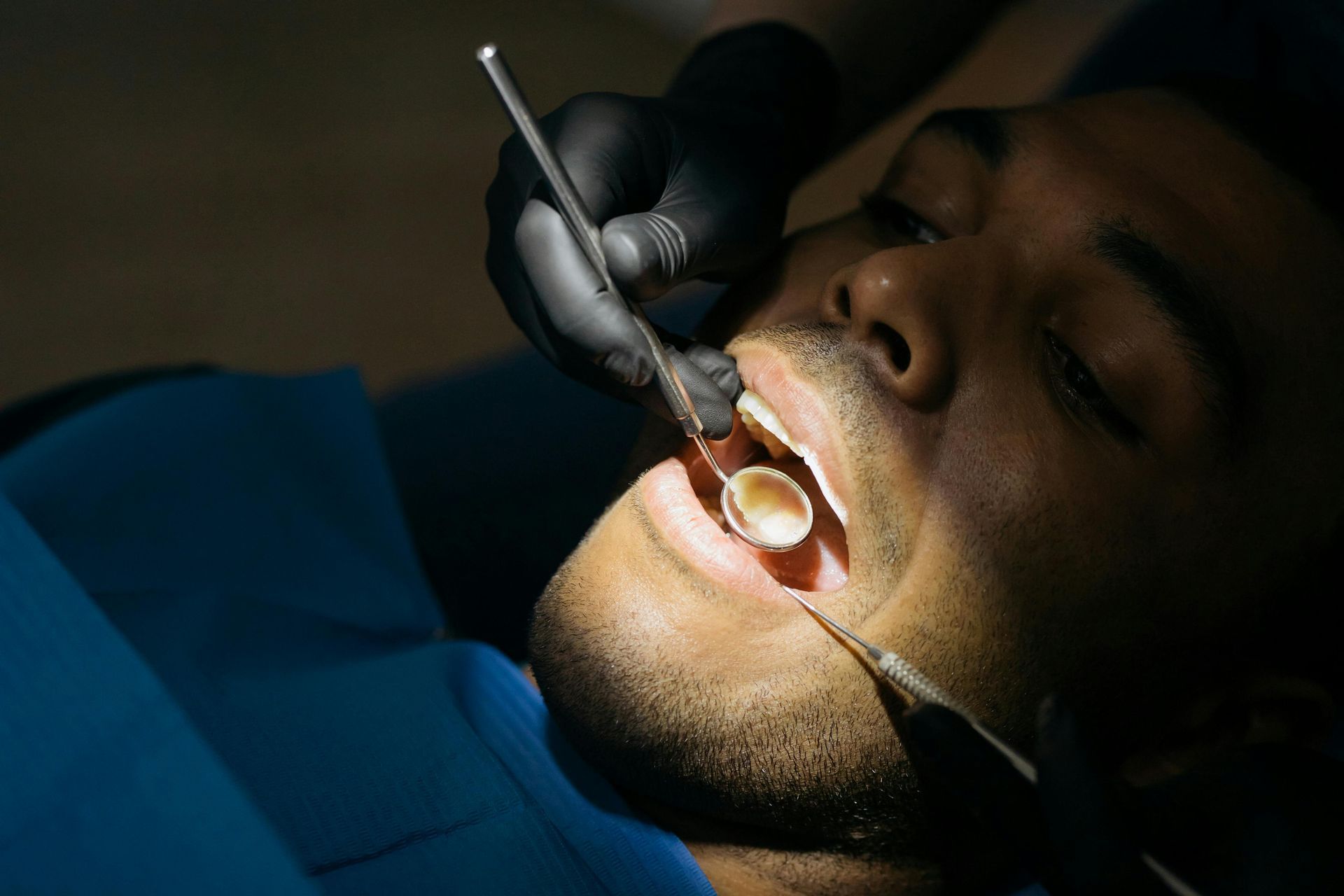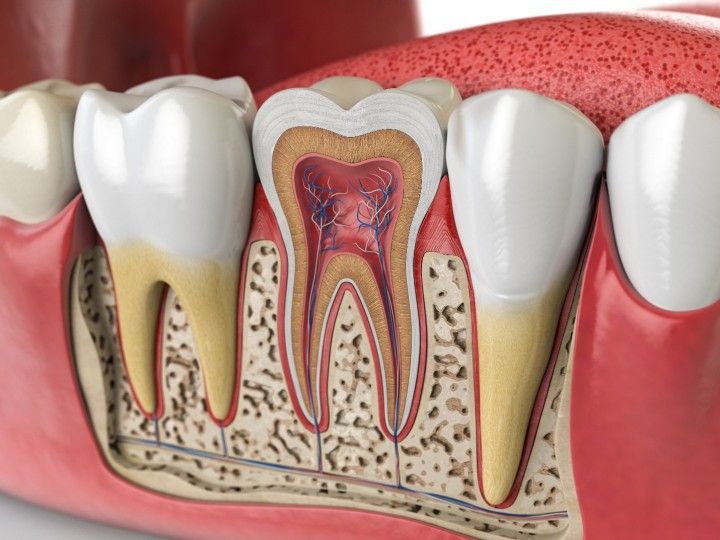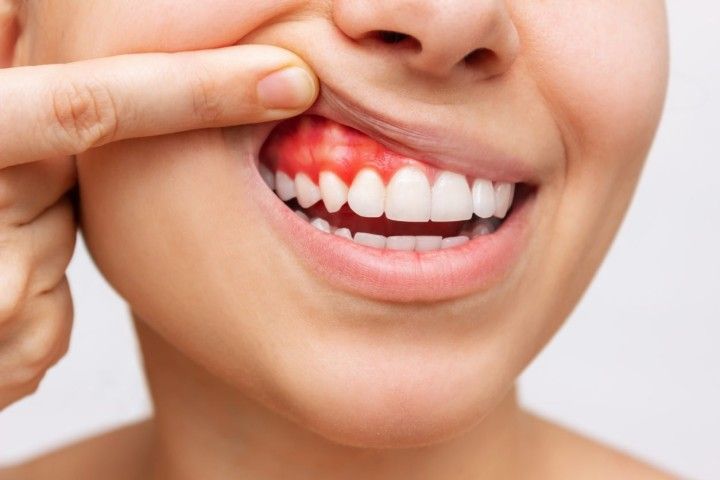Common Dental Problems: Causes, Symptoms, and Treatment Options
Introduction
Maintaining good oral health is essential for a bright smile and overall well-being. However, many people encounter common dental problems throughout their lives. In this comprehensive blog post, we will explore three prevalent dental issues: cavities, gum disease, and tooth sensitivity. We'll delve into the causes, symptoms, and treatment options for each of these concerns to help you understand and address them effectively.
Part 1: Cavities
Causes
Cavities, also known as dental caries or tooth decay, are one of the most widespread dental problems. They develop when plaque, a sticky film of bacteria, combines with sugars from food and beverages to produce acids that erode tooth enamel. The primary causes include:
- Poor Oral Hygiene: Inadequate brushing and flossing lead to the accumulation of plaque and bacteria on teeth.
- Dietary Habits: Consuming sugary or acidic foods and drinks, especially between meals, increases the risk of cavities.
Symptoms
Identifying cavities in their early stages is crucial for effective treatment. Common symptoms of cavities include:
- Toothache: Mild to severe pain in the affected tooth is a telltale sign of cavities.
- Sensitivity: Increased sensitivity to hot, cold, or sweet foods and drinks.
- Visible Holes: Cavities may appear as visible holes or pits on the tooth's surface.
Treatment Options
Treatment for cavities depends on their severity. Common options include:
- Fillings: Dentists can remove the decayed portion of the tooth and fill the cavity with materials like amalgam or composite resin.
- Crowns: For more extensive decay, a dental crown may be necessary to restore the tooth's structure.
- Root Canal Therapy: When cavities reach the tooth's pulp, a root canal may be required to remove the infected tissue.
- Preventive Measures: Good oral hygiene, regular dental check-ups, and dental sealants can help prevent cavities.
Part 2: Gum Disease (Gingivitis and Periodontitis)
Causes
Gum disease, also known as periodontal disease, encompasses two primary stages: gingivitis and periodontitis. The causes include:
- Plaque Buildup: Bacterial plaque accumulating on teeth and gums can lead to gingivitis.
- Smoking: Tobacco use is a significant risk factor for gum disease.
- Poor Nutrition: A diet lacking in essential nutrients can weaken the immune system and increase susceptibility to gum disease.
Symptoms
Recognizing the signs of gum disease is crucial for early intervention. Symptoms include:
- Gingivitis: Swollen, red, and bleeding gums, especially during brushing or flossing.
- Periodontitis: Receding gums, pockets forming between teeth and gums, and tooth mobility.
Treatment Options
Effective treatment depends on the severity of gum disease:
- Gingivitis: Improved oral hygiene practices, professional dental cleanings, and antiseptic mouthwashes can often reverse gingivitis.
- Periodontitis: Scaling and root planing (deep cleaning), antibiotics, and in severe cases, surgery may be necessary.
- Maintenance: Regular dental visits and meticulous oral care can help manage gum disease.
Part 3: Tooth Sensitivity
Causes
Tooth sensitivity, or dentin hypersensitivity, occurs when the tooth's protective enamel is compromised. Common causes include:
- Enamel Erosion: Acidic foods and drinks, teeth grinding, and aggressive brushing can wear down enamel.
- Gum Recession: Exposed tooth roots are more sensitive to stimuli.
Symptoms
Tooth sensitivity manifests as:
- Pain or Discomfort: Sharp, sudden pain when consuming hot, cold, sweet, or acidic items.
Treatment Options
Managing tooth sensitivity involves:
- Desensitizing Toothpaste: Special toothpaste can help reduce sensitivity.
- Fluoride Application: Dentists may apply fluoride to strengthen enamel.
- Dental Procedures: In severe cases, procedures like bonding, dental crowns, or root canal therapy may be needed.
Conclusion
Understanding common dental problems like cavities, gum disease, and tooth sensitivity is the first step toward maintaining optimal oral health. By recognizing their causes, symptoms, and treatment options, you can take proactive measures to prevent these issues and seek prompt treatment when necessary. Remember, regular dental check-ups and a commitment to excellent oral hygiene are essential for a healthy smile that lasts a lifetime. If you have any concerns about your dental health, don't hesitate to schedule an appointment with your Dentist Alice Springs for a thorough evaluation and personalized advice.










